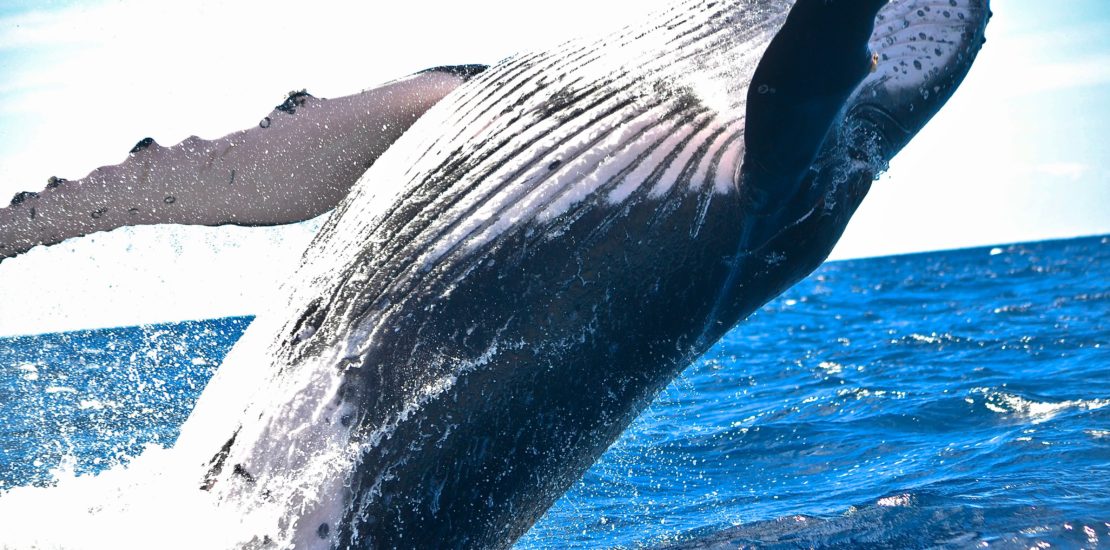Another Way To Look At Whale Clients
- September 17, 2019
- Posted by: Rochelle
- Category: Client Relationships, Running Your Business

There is a pretty universal belief in consulting—especially if you’re a solo—that a “whale” client is a bad idea.
They gobble up an inordinate amount of your time and attention and you may find yourself twisting like Gumby trying to keep them happy.
They also represent a big chunk of your revenue.
Which feels great early in your business evolution when steady revenue feels like manna from heaven.
But as you grow and develop your consulting practice, those whales can hold you back. You get too comfortable and take the path of least resistance—not putting yourself out there (“but I’m so busy with client work!”), marketing and selling and building your future pipeline.
So yes, there are plenty of solid strategic reasons why whale clients are a bad idea.
Except when they’re not.
Like when they meet the dictionary (informal) definition of whale “something big, great, or fine of its kind”.
Certain clients—when you’re building a long-term business based on consulting/advisory revenue—are worth every bit of blood, sweat and tears they require.
Of course you’ll want to choose carefully, making sure that:
They fit squarely in your sweet-spot (type of work, industry, client profile, etc.), which means you’d like to attract many more like them over time.
You see a clear line of sight connection between the work you’ll do for them and how you want to build out your own firm.
The way they want to work with you has staying power—they will come to view you as a trusted, strategic resource.
You can grow with each other as your personal and business lives change (this tends to mean you like and respect each other).
These are the “something big, great, or fine of its kind” clients where you can build deep, mutually satisfying relationships over years, decades even.
The late Irving Fein was manager to Jack Benny and George Burns. Always self-deprecating, he was fond of saying he’d only ever had two clients in his whole career.
But if you follow his story, you’ll see his deep relationships with those two powerhouses shaped the other side of his career as well: producing their TV shows, movies and penning a handful of books.
So yes, don’t paint yourself into a corner by relying too heavily on a single “whale” who isn’t the right long-term fit.
But don’t be afraid to embrace the right ones who may just be your ideal partners.
p.s. Like what you see here? Head on up to that orange bar to sign up pronto and I’ll deliver my weekly insights directly to your in-box.
